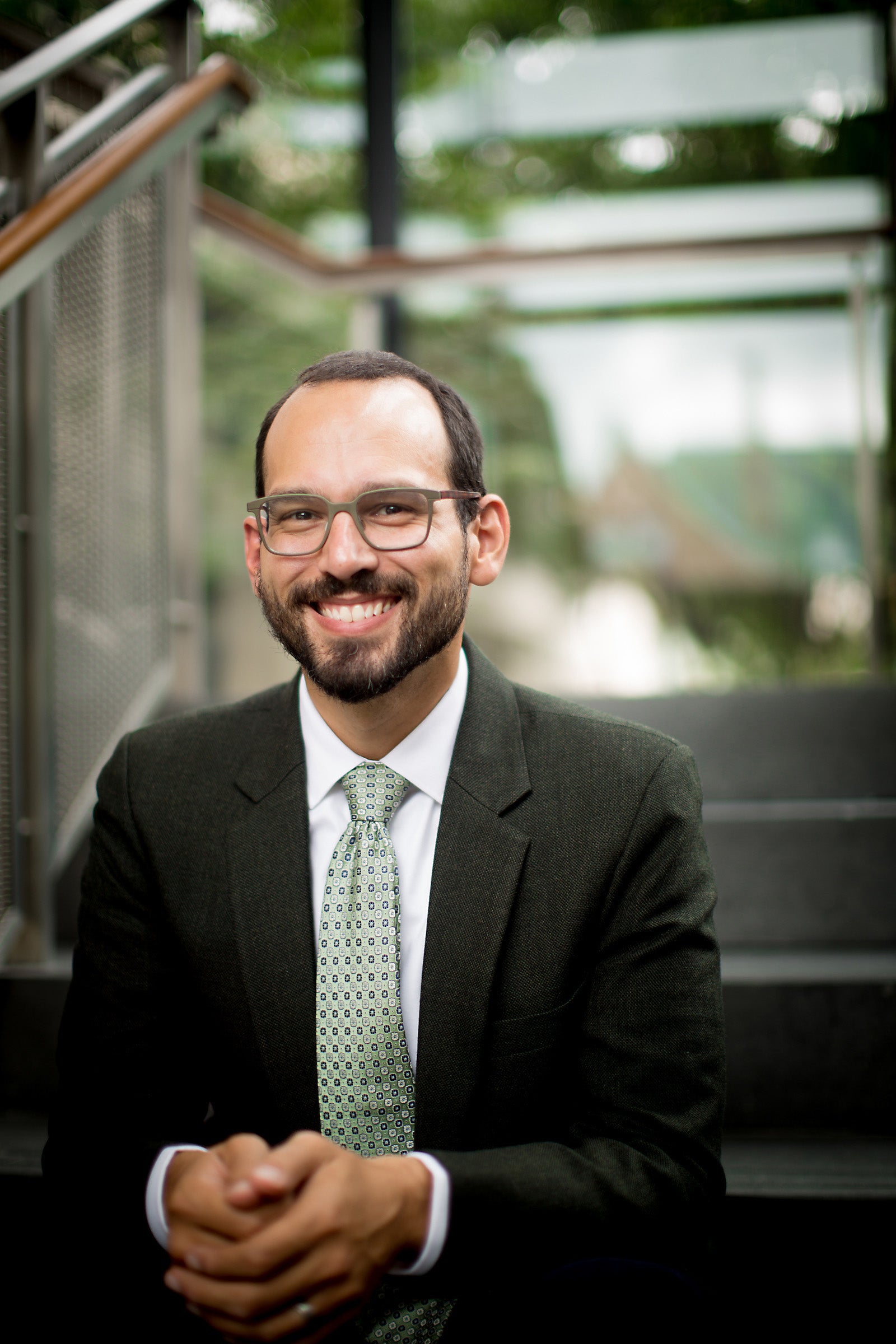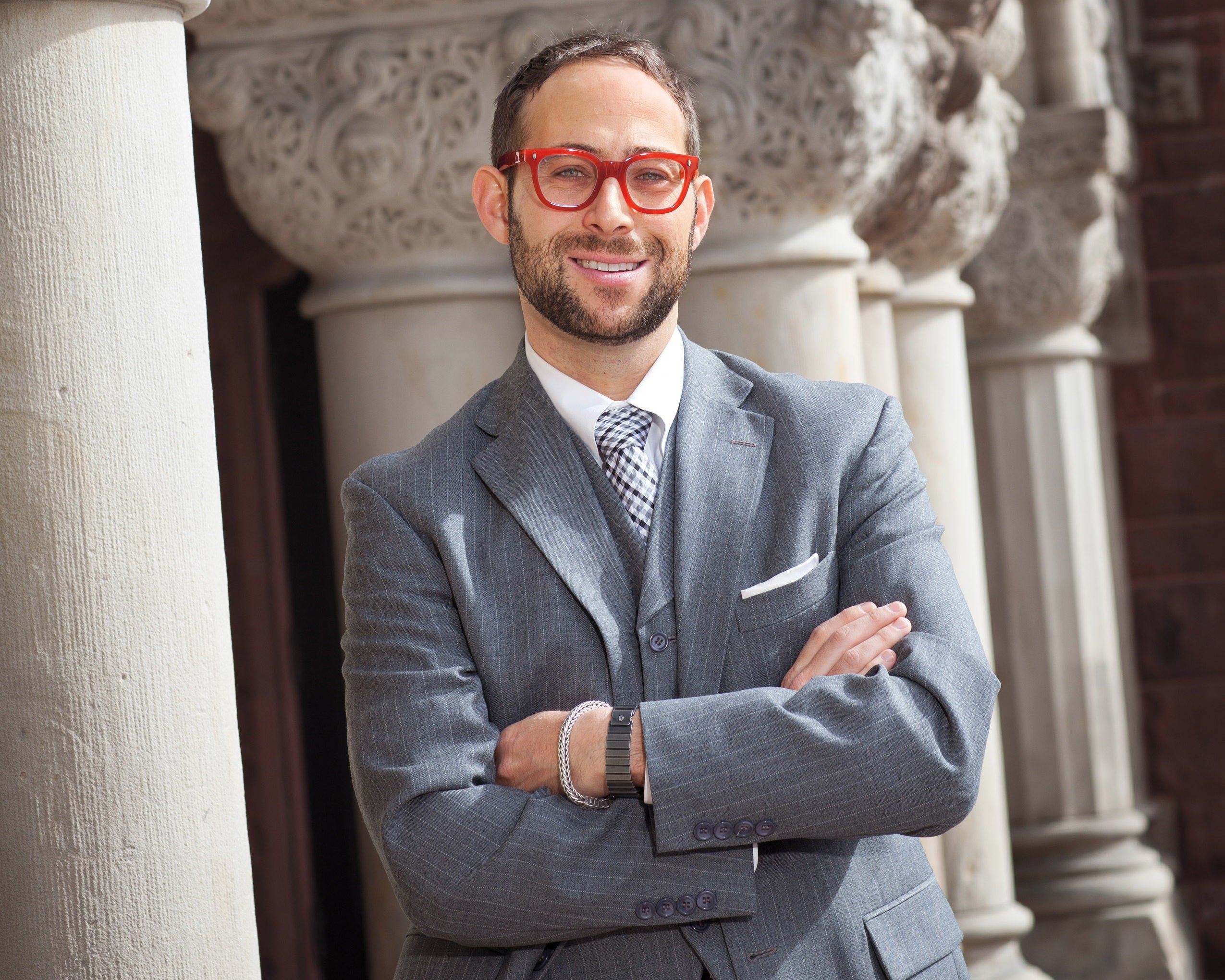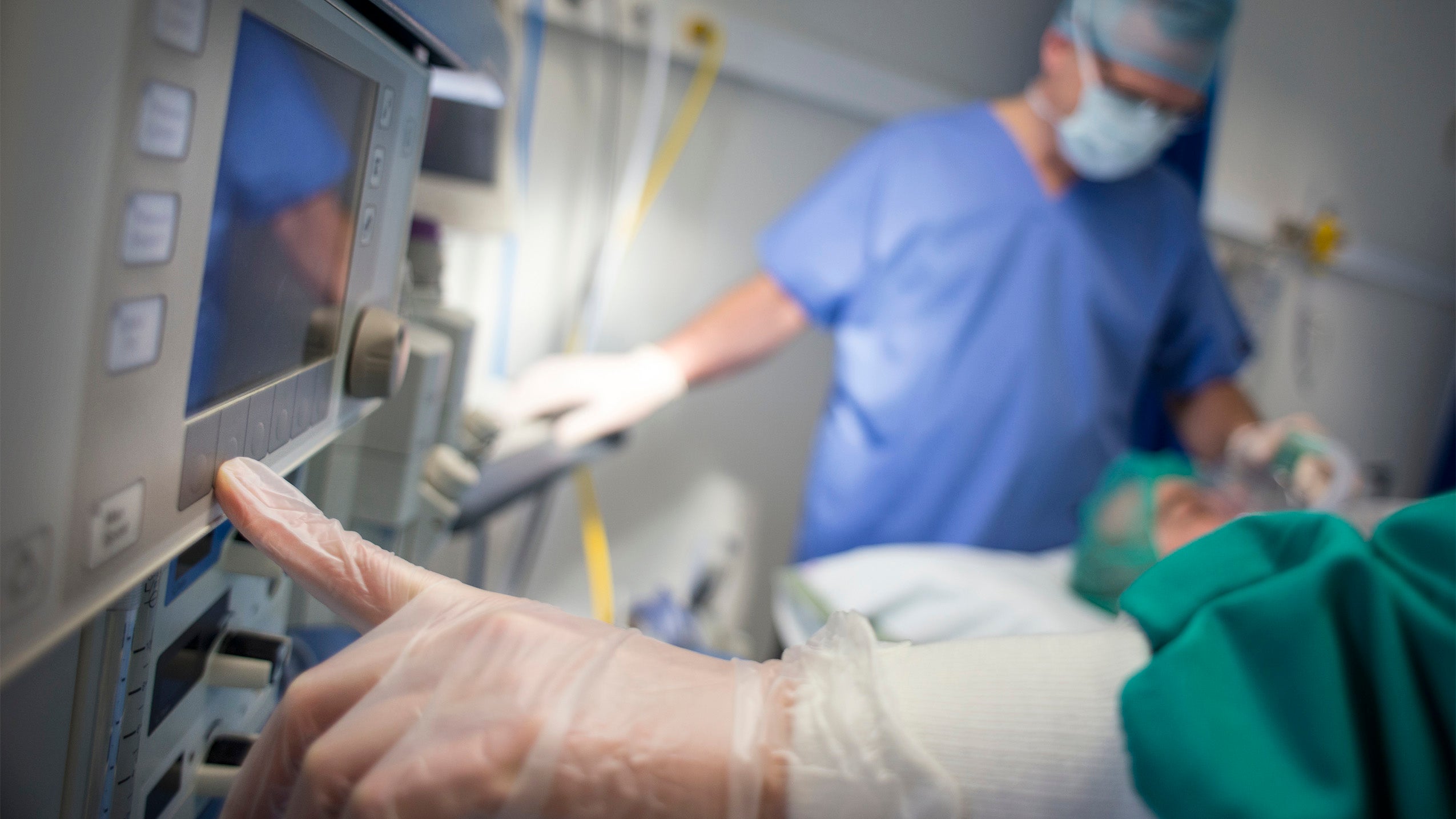State governments must enact emergency immunity statutes to protect doctors and hospitals from potential lawsuits and criminal prosecution during the COVID-19 pandemic, Harvard Law Professors I. Glenn Cohen ’03 and Andrew Manuel Crespo ’08 recently argued in The Journal of the American Medical Association. As they further explained in The New York Times, shortages of ventilators and other critical medical supplies will soon require physicians to ration precious resources, creating a risk of legal liability. With co-author Douglas B. White, a professor of critical care medicine at the University of Pittsburgh, Cohen and Crespo point to a Maryland law that grants immunity to health care providers acting in good faith as a model that other states should follow.
Cohen, faculty director of the Petrie-Flom Center for Health Law Policy, Biotechnology, and Bioethics at Harvard Law School, will also be among the panelists discussing this and related issues at an April 14 virtual book talk, “Disability, COVID-19, and Triage: Exploring Resource Allocation and the Framing of Disability.” Harvard Law Today recently connected with Professors Cohen and Crespo by email to discuss their proposals to protect health care providers from the threat of legal liability.
Harvard Law Today: You write that a shortage of ventilators is coming, if not already here. Can you describe what that will mean for medical professionals and patients?
Andrew Manuel Crespo: Governors have been warning of the impending ventilator shortage for weeks, while doctors in countries further along into the pandemic have already had to confront the excruciating triaging decisions that we fear are on the horizon in the United States. These are, quite literally, questions of life and death, and they are tragic. As lawyers, we are familiar with the idea that our job is to fight zealously for our clients. Doctors feel the same way about their patients and are trained to fight hard for each patient’s health, well-being, and survival.

What makes this situation so difficult, on top of all of the loss and suffering caused by the pandemic itself, is that the impending ventilator shortage could soon force health care providers to choose between their patients—to deny scarce resources to some patients in hopes that, by making those difficult decisions, doctors and nurses will be able to save the greatest number of lives over the course of the pandemic.
I. Glenn Cohen: The sad reality we must face is that this means that patients who in ordinary circumstances would be kept on or offered a ventilator will be refused or taken off due to triage policies related to COVID-19. Importantly, this is not like cases the law is more familiar with: where we are withdrawing or withholding such treatment because a patient has requested it or where continuing or beginning ventilator support would not achieve a patient’s goals or directives. These are patients who could benefit from receiving a ventilator, perhaps living for many additional years, if they receive short-term mechanical ventilation. Withholding or withdrawing the ventilator against their wishes will, most likely, cause their deaths, even as it makes those scarce resources available to others with greater chances of survival. There is no more difficult position to put physicians and nurses in than what we are talking about here.
HLT: What types of guidelines do doctors have for making these potentially life-or-death decisions?

Glenn Cohen ’03, James A. Attwood and Leslie Williams Professor of Law and faculty director of the Petrie-Flom Center for Health Law Policy, Biotechnology & Bioethics at Harvard Law School
Cohen: Ethicists have debated the principles that should guide triage in these situations. One useful protocol that has been adopted by numerous hospitals has been pioneered by our co-author, Doug White. It focuses on allocating ventilators and other scarce critical care resources based “on (1) patients’ likelihood of surviving to hospital discharge, assessed with an objective measure of acute illness severity; and (2) patients’ likelihood of achieving longer-term survival based on the presence or absence of comorbid conditions that influence survival,” with additional priority to individuals who perform frontline public health work, and using age as a tiebreaker. Interestingly, years ago I examined whether legal services organizations that often face routine shortages should adopt similar or different principles in how they allocate their resources when there are more people in need than they can help.
HLT: What legal liability concerns do physicians face?
Cohen: In theory, clinicians who withhold or withdraw ventilators without patients’ consent become exposed to risks of criminal and civil liability. We think the risk is low but not trivial. On the criminal side, it is withdrawal in particular that could constitute criminal homicide. On the civil side, the physicians and nurses may face negligence (medical malpractice) charges, and the hospitals might face corporate negligence or vicarious liability charges for either withholding or withdrawing ventilators.
Crespo: It’s important to emphasize that we think the risks of civil and criminal liability are both low. We do not want doctors to think that they should be especially anxious about getting sued or prosecuted, particularly not when they have so much else to worry about right now. Still, we also know that doctors are sensitive to their liability exposure, and we think it’s important to acknowledge that there is some legal risk associated with ventilator triage.
Interestingly, the nature of that risk is almost inverted when comparing the civil and criminal sides of the issue. On the civil side, we think that there is a nontrivial risk of getting sued, as the families of any one of the potentially thousands of patients who might die as a result of triage decisions could file malpractice suits. However, we think that the law is likely on the doctors’ side in such suits, because we expect that doctors who follow accepted triage protocols will be deemed to have met the standard of care that governs civil suits of this nature.
By contrast, on the criminal side, we think the law of murder in many states would apply to the intentional removal of a ventilator from a patient who will die without it and who does not consent to the ventilator’s being taken away. But we also think that very few prosecutors would actually file charges against physicians who are trying to minimize deaths during a pandemic, so we think the practical risk of prosecution is ultimately quite low.
HLT: What can federal, state and local governments do to help?
Cohen: We recommend that all states adopt a statute modeled on Maryland’s, which provides that “[a] health care provider is immune from civil or criminal liability if the health care provider acts in good faith and under a catastrophic health emergency proclamation,” with health care provider defined to include most health care facilities. The attorney general of that state has issued an opinion that a “provider who acts in accordance” with mandatory ventilator allocation protocols established by the state will be protected from civil and criminal liability, and that the statute “likely” immunizes clinicians who comply with voluntary state-approved protocols as well.
Crespo: In the interim, we also urge state attorneys general and local district attorneys to eliminate the risk of criminal liability in this arena. These prosecutors can accomplish this goal simply by sending a letter to every hospital in their jurisdiction, informing the hospitals and their employees that the prosecutor’s office does not view triage decisions that comply with well-recognized triage protocols as crimes, and will not prosecute them as such. Under existing Supreme Court precedent, such a letter would protect clinicians and health care organizations from criminal liability under what is sometimes called the “entrapment by estoppel doctrine.”
HLT: Is there anything else you’d like to add?
Cohen: Just that our frontline health care workers are true heroes, working tirelessly, putting themselves (and their families) at risk of infection from COVID-19, and experiencing huge amounts of trauma they will carry with them for the rest of their lives. Whatever we can do to protect them should be a priority.
Crespo: Glenn said it perfectly. When we come through this, we will owe our doctors, nurses, and other health care providers an everlasting debt of gratitude. The hard choices that they will soon confront are heartbreaking. But the work they are doing is nothing short of inspiring.
